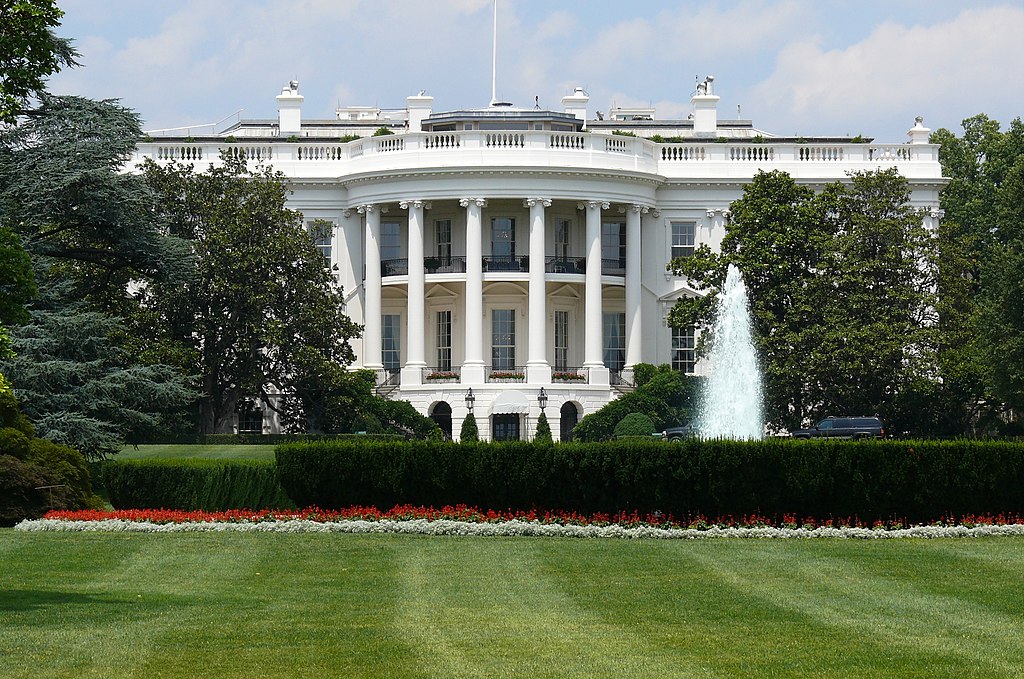Russia still demands Ukraine’s total elimination, despite Trump’s deadline for Moscow, which expires in three days

Two weeks are ticking down. Ukrainian President Volodymyr Zelenskyy has reminded that US President Donald Trump’s deadline for Russian President Vladimir Putin to agree to a trilateral meeting is ending this Monday, on 1 September.
US, Ukraine, and Russia: Will the meeting happen?
During his Washington visit on 19 August, Trump said his administration was ready to organize talks between Zelenskyy and Putin to reach an agreement on ending the war.
“At that time, the president said, ‘We will be ready in a couple of weeks.’ That means two to three weeks from our conversation. I want to remind that two weeks are up on Monday,” Zelenskyy emphasized.
Meanwhile, Putin refuses to engage in negotiations. According to German Chancellor Friedrich Merz, in this case Russia’s war against Ukraine could continue for “many months.”
Merz: Ukraine war could last “many months” as Putin blocks two-week summit plan
Kyiv under attack: no sign of peace
There is no evidence that Moscow seeks peace. Despite talks of negotiations, Russia continues massive attacks on Ukraine. In the latest strike on Kyiv, all types of weapons were used: Shahed drones, cruise missiles, and ballistic missiles. A total of 629 targets targeted the Ukrainian capital. The strike lasted nine hours and killed 25 people, including four children.
Moscow’s conditions: ultimatum, not peace
Despite the warm Trump-Putin meeting in Alaska, Russia’s demands regarding Ukraine have not changed. Today, Russian Foreign Ministry Spokesperson Maria Zakharova outlined what Russia calls “peace conditions”:
- Demilitarization of Ukraine,
- Denazification,
- Neutral, non-aligned, and nuclear-free status,
- Recognition of occupied territories,
- Guarantees of rights of the Russian language and the Russian-speaking population,
- End to persecution of canonical Orthodoxy.
Moscow supposedly offers “security guarantees” only after these conditions are met. In reality, these demands are mutually exclusive and would mean the elimination of an independent Ukraine.